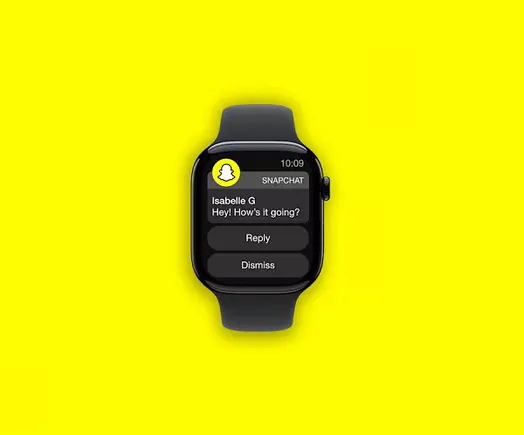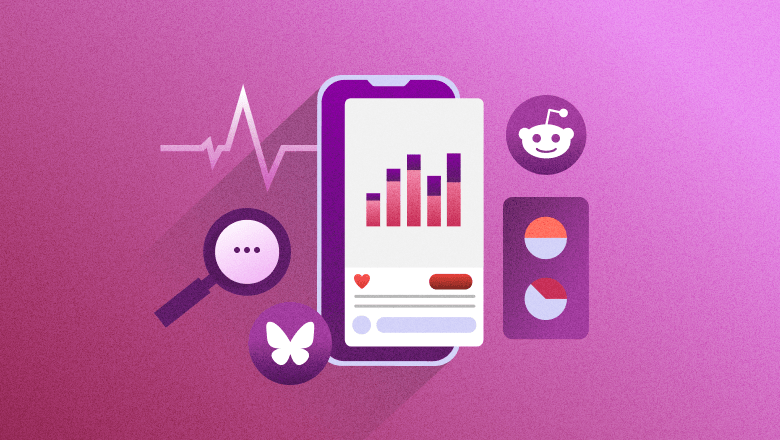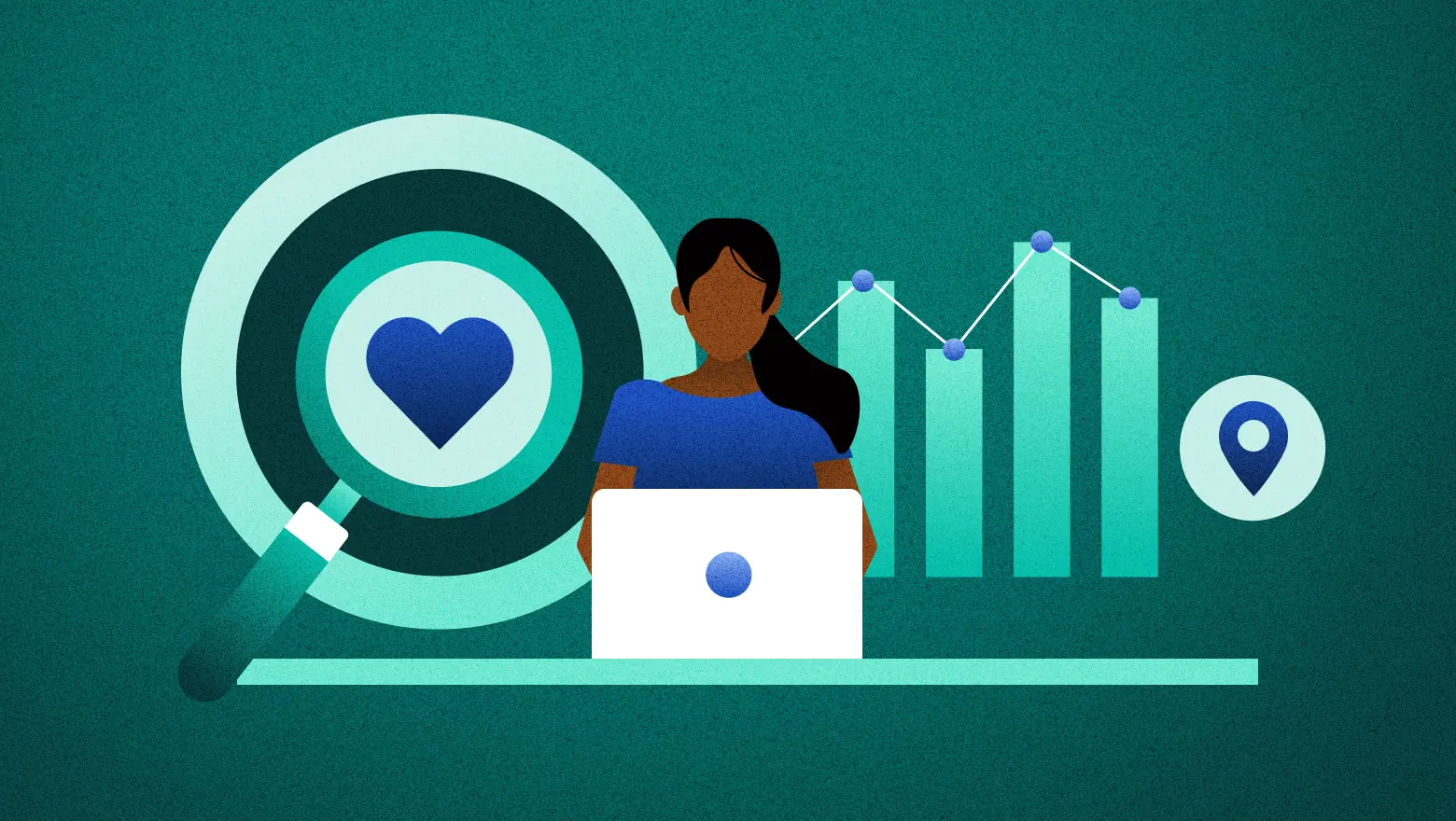Sam Sammane on Digital Amnesia and the Decline of Human Memory
It happens quietly. You forget a detail mid-sentence and instinctively reach for your phone. A... The post Sam Sammane on Digital Amnesia and the Decline of Human Memory appeared first on Social Media Explorer.

It happens quietly.
You forget a detail mid-sentence and instinctively reach for your phone. A familiar route looks unfamiliar without GPS. You once knew a poem by heart—now it lives in a tab you can’t remember closing.
No alarms go off. No harm seems done.
But over time, something shifts. The mind, once trained to hold, reflect, and carry weight, now waits for a prompt.
This isn’t forgetfulness. This is digital amnesia—and we’ve welcomed it without protest.
Living without mental weight
Technology was meant to assist, not displace. Yet daily tasks that once exercised memory have become fully automated. Calendar alerts tell us where to be. Apps finish our thoughts. Autocomplete writes our messages before we even know what we want to say.
It feels efficient. And in many ways, it is. But when remembering becomes unnecessary, attention fades. Recollection becomes rare. And thought loses its texture.
The tools haven’t failed us. We’ve simply stopped showing up alongside them.
We don’t rely on landmarks because we have turn-by-turn directions. We don’t ask for birthdays because social platforms announce them. We don’t recount stories because our feeds replay them. Each convenience, while helpful, chips away at the need to recall, retell, or revisit.
Over time, this isn’t just a habit change. It becomes a shift in mental identity.
Sam Sammane: Memory isn’t just a function
For Sam Sammane, founder of TheoSym, this shift raises deeper concerns than most technologists are willing to name. With a background in nanotechnology and decades working at the intersection of AI and ethics, he approaches memory not as a utility but as a foundational trait of being human.
Information can be stored anywhere. Meaning cannot.
Sammane often points out that remembering something by choice—without relying on an external system—is an act of presence. It’s a way of telling yourself: this matters enough to keep. That act, in his view, is vanishing.
And as it fades, so does the discipline that once helped us reflect, synthesize, and understand.
Memory, Sammane argues, is not just a database. It’s a filter for values. What we choose to remember—consciously—says more about who we are than what we forget.
What we no longer carry
The cost of digital amnesia isn’t limited to names and numbers. Over time, we stop holding on to the ideas, images, and experiences that don’t demand immediate use. That’s where culture thins out.
The stories passed between generations. The details of family histories. The lines of a prayer, a song, a letter—these used to live in people. Now they float in servers, searchable but untethered.
Even in educational systems, rote memorization has been cast aside in favor of quick access. But what happens when we don’t own the knowledge we depend on? When nothing is carried internally, even our intuition weakens.
Sammane warns that memory is more than a tool for recall. It’s a vessel for identity. Forgetting how to remember can quietly erode who we think we are—until we become spectators in our own mental lives.
We haven’t just outsourced memory. We’ve let go of the responsibility to decide what should stay with us.
When ease dulls our instincts
Convenience isn’t neutral. It shapes habits.
The easier it becomes to retrieve something, the less reason we have to engage with it deeply in the first place. We copy and paste quotes instead of reflecting on them. We bookmark ideas without ever revisiting them. And we capture moments for social sharing before we’ve even felt them ourselves.
Sammane calls this drift passive cognition—a state where we skim, save, and scroll, but rarely absorb. The act of knowing turns into a performance of access.
We confuse recall with wisdom. And slowly, the mind forgets how to hold.
This isn’t about romanticizing the past. It’s about recognizing that digital fluency doesn’t always mean intellectual depth. As the brain offloads more functions, its natural instincts for connection, retention, and reflection get crowded out.
Relearning how to remember
Sammane isn’t a doomsayer. He doesn’t advocate abandoning technology. But he does call for something rare: intentional effort.
Write something down—not because you have to, but because you want it to stay with you.
Memorize a quote—not for recitation, but for reflection.
Resist the shortcut once in a while—just to remember what it feels like to think your way there.
These aren’t romantic gestures. They’re safeguards.
The point isn’t to compete with machines but to complement them without surrendering what makes us human.
Sammane proposes simple mental exercises—naming five people you care about from memory, sketching a map of your hometown, or telling a story without fact-checking it mid-sentence. These are micro-movements in reclaiming what our brains are wired to do.
A quiet act of resistance
There’s no warning label for digital amnesia. No lost access. No corrupted file. It’s a slow forgetting of how memory connects us to the world—and to who we’ve been.
For Sammane, this is where reflection becomes responsibility. If we want our minds to remain awake, deliberate, and intact in a world that does everything for us, we have to choose to carry weight again.
Because the things we commit to memory shape more than what we know. They shape how we live. And what we’re still willing to hold.
To connect with Sam Sammane for interviews, expert commentary, or collaboration, reach out directly through his official channels. You can order his latest book and fiction debut, Republic of Mars, on Amazon.
The post Sam Sammane on Digital Amnesia and the Decline of Human Memory appeared first on Social Media Explorer.
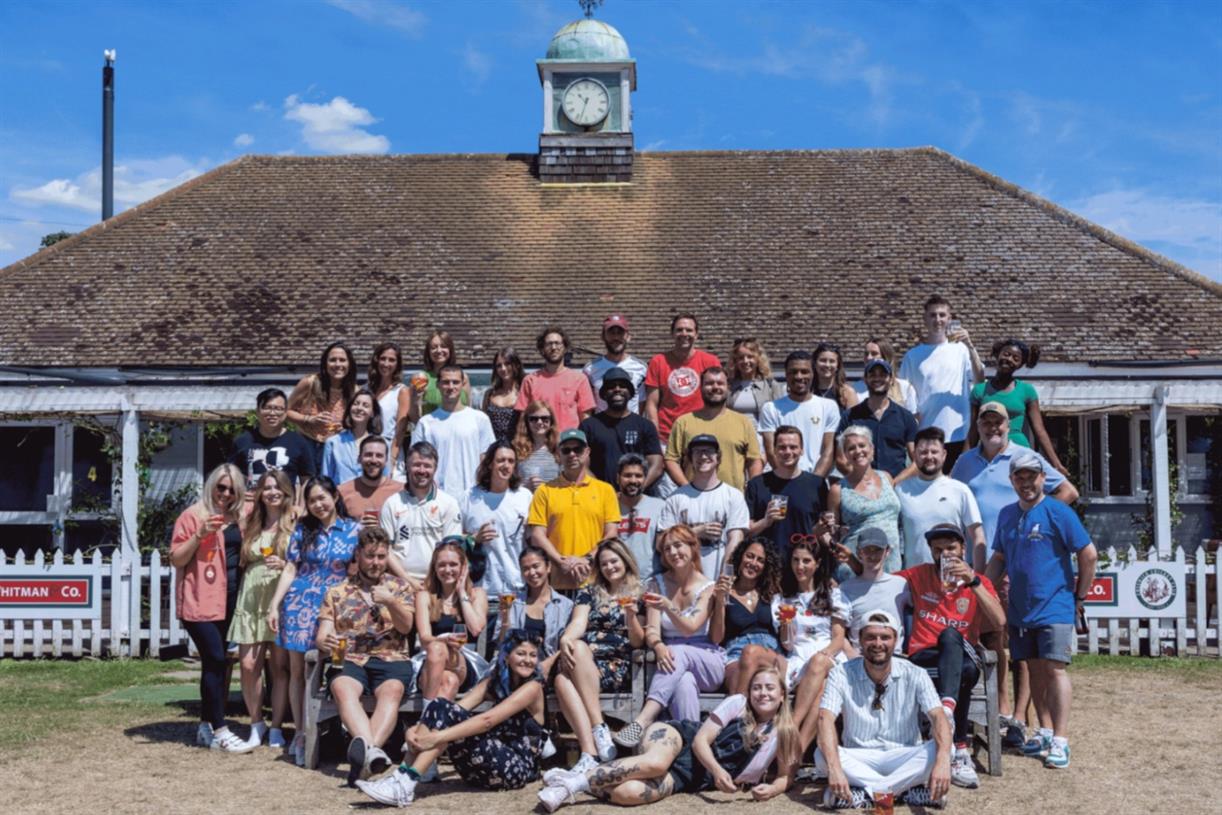


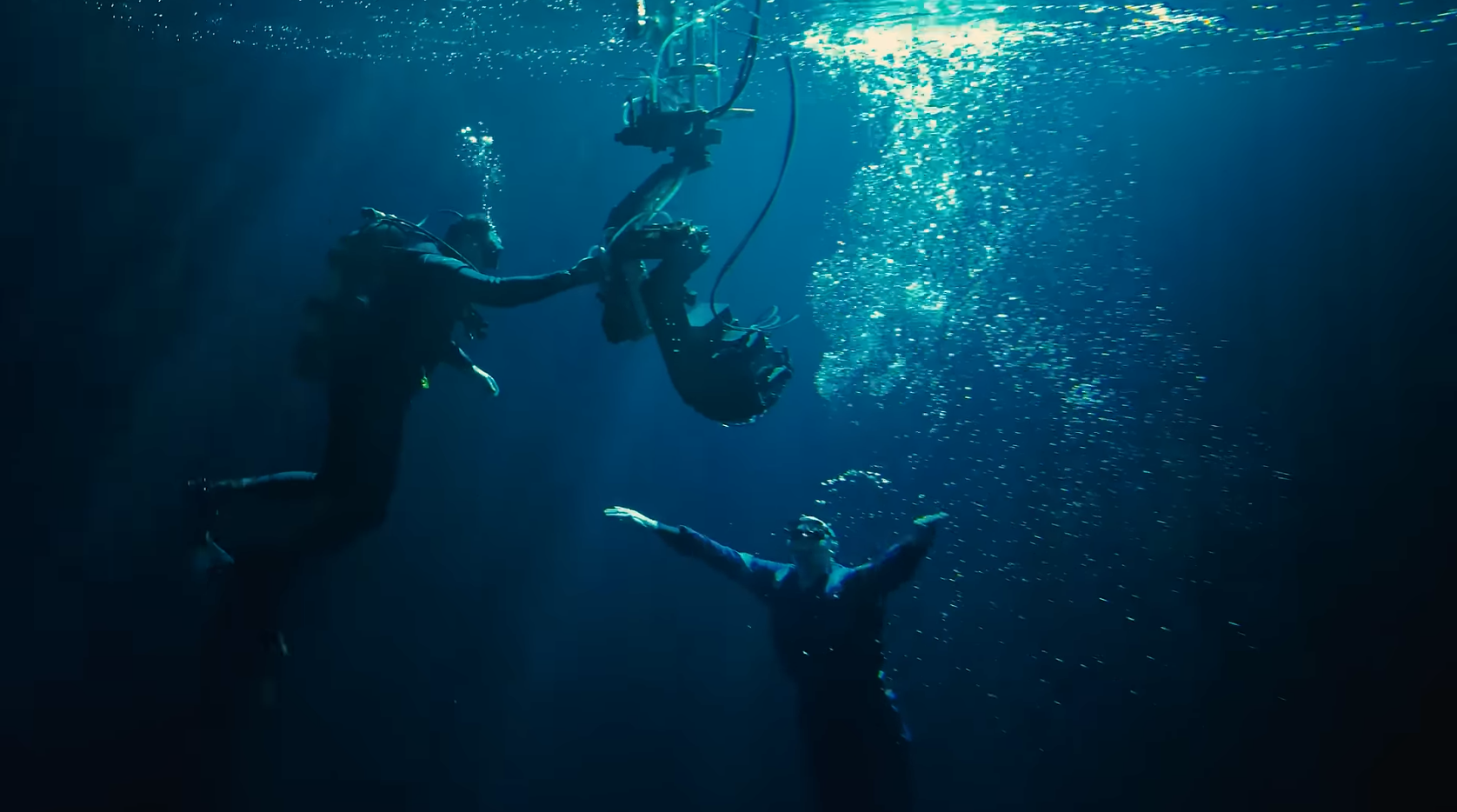












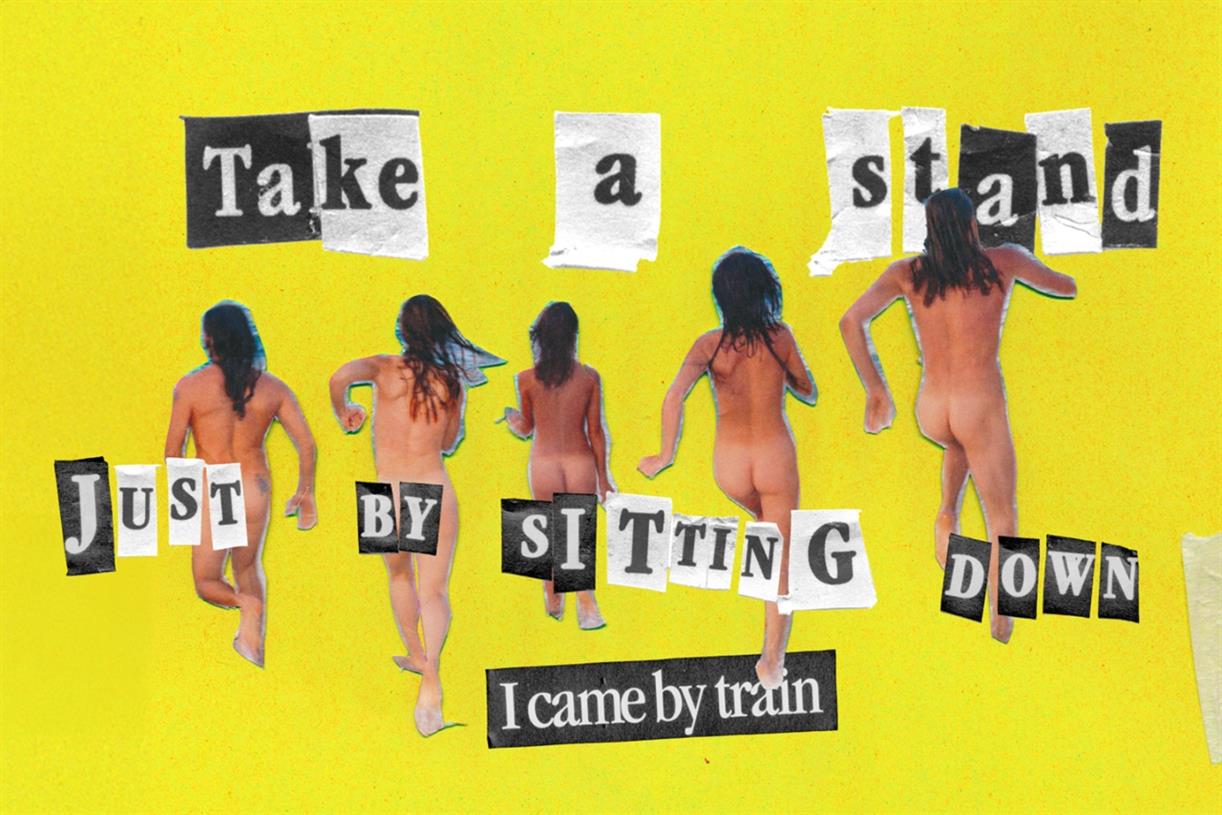

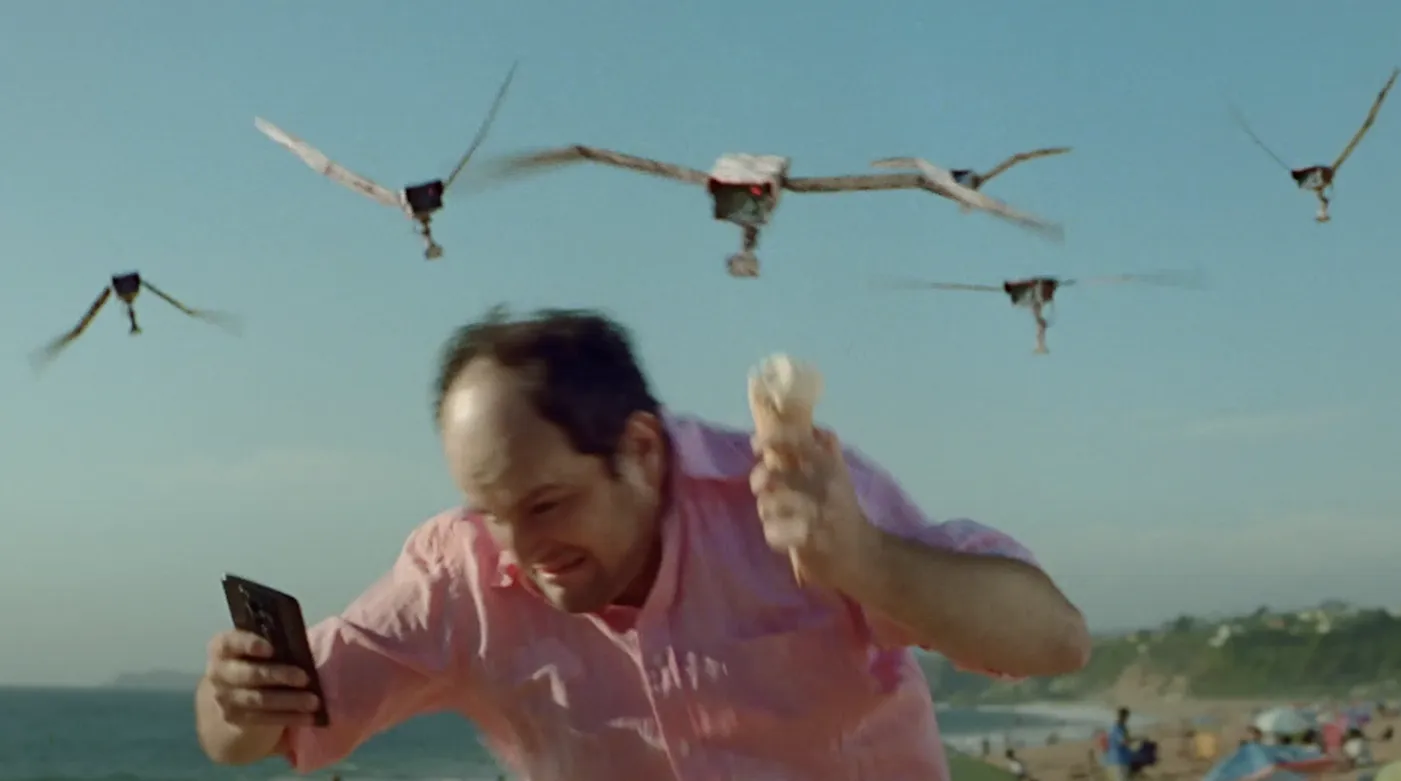








![How To Launch, Grow, and Scale a Community That Supports Your Brand [MozCon 2025 Speaker Series]](https://moz.com/images/blog/banners/Mozcon2025_SpeakerBlogHeader_1180x400_Areej-abuali_London.png?auto=compress,format&fit=crop&dm=1747732165&s=beb7825c980a8c74f9a756ec91c8d68b#)
![Clicks Don’t Pay the Bills: Use This Audit Framework To Prove Content Revenue [Mozcon 2025 Speaker Series]](https://moz.com/images/blog/banners/Mozcon2025_SpeakerBlogHeader_1180x400_Hellen_London.png?auto=compress,format&fit=crop&dm=1747758249&s=9f3c5b1b7421f862beace1cb513053bb#)
![How To Create an Integrated Strategy That Increases Brand Mentions and Visibility [Mozcon 2025 Speaker Series]](https://moz.com/images/blog/banners/Mozcon2025_SpeakerBlogHeader_1180x400_JamesH_London.png?auto=compress,format&fit=crop&dm=1747780409&s=9bf9f0a2623b4a8be6eaf8f235115505#)
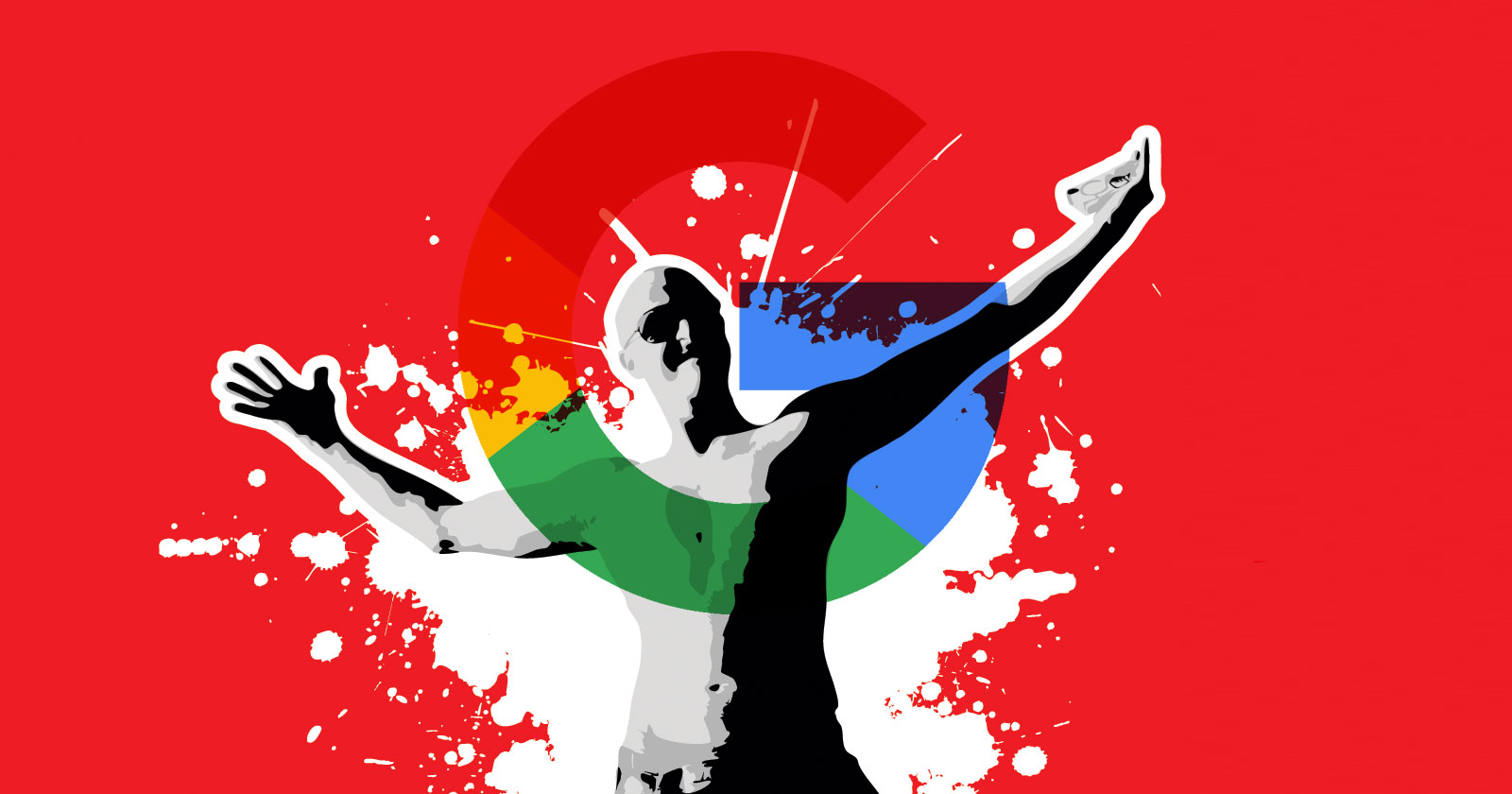



















![The 11 Best Landing Page Builder Software Tools [2025]](https://www.growthmarketingpro.com/wp-content/uploads/2024/04/best-landing-page-software-hero-image-1024x618.png?#)
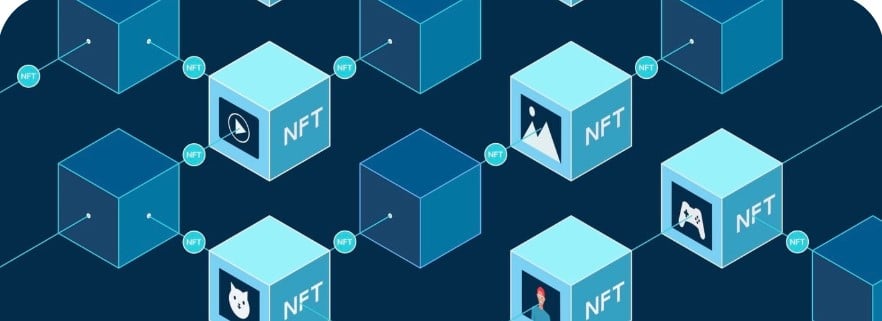













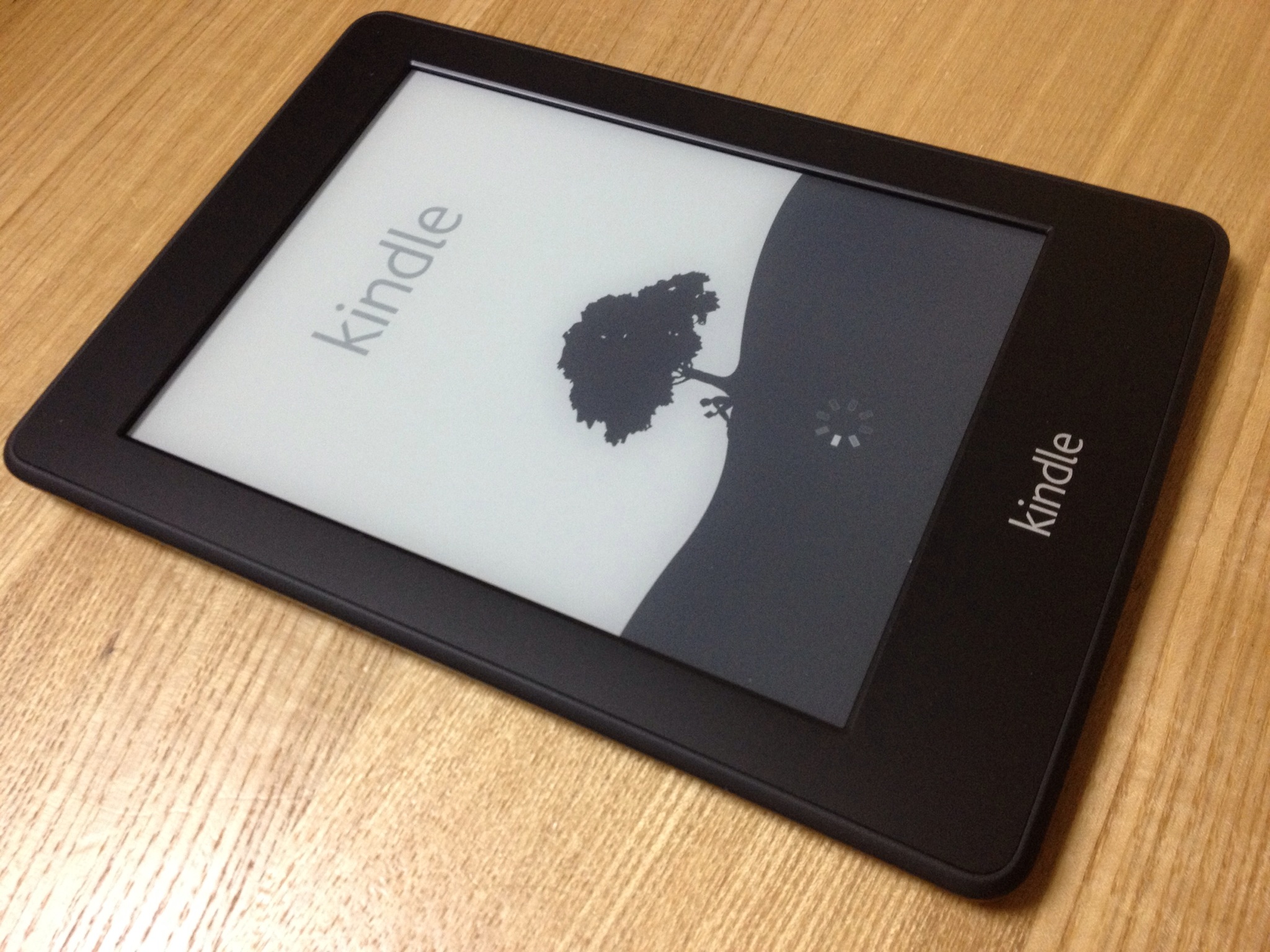























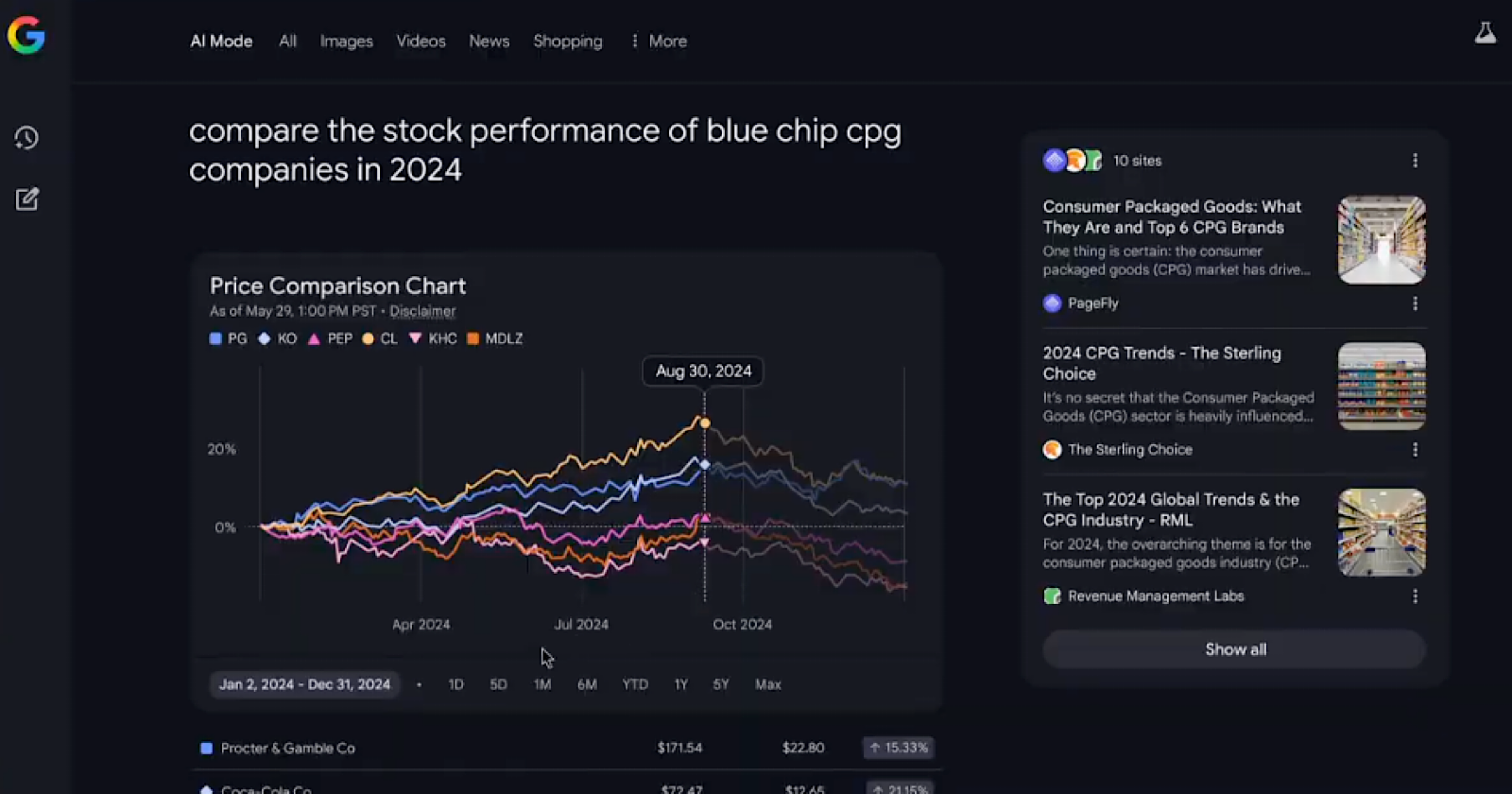


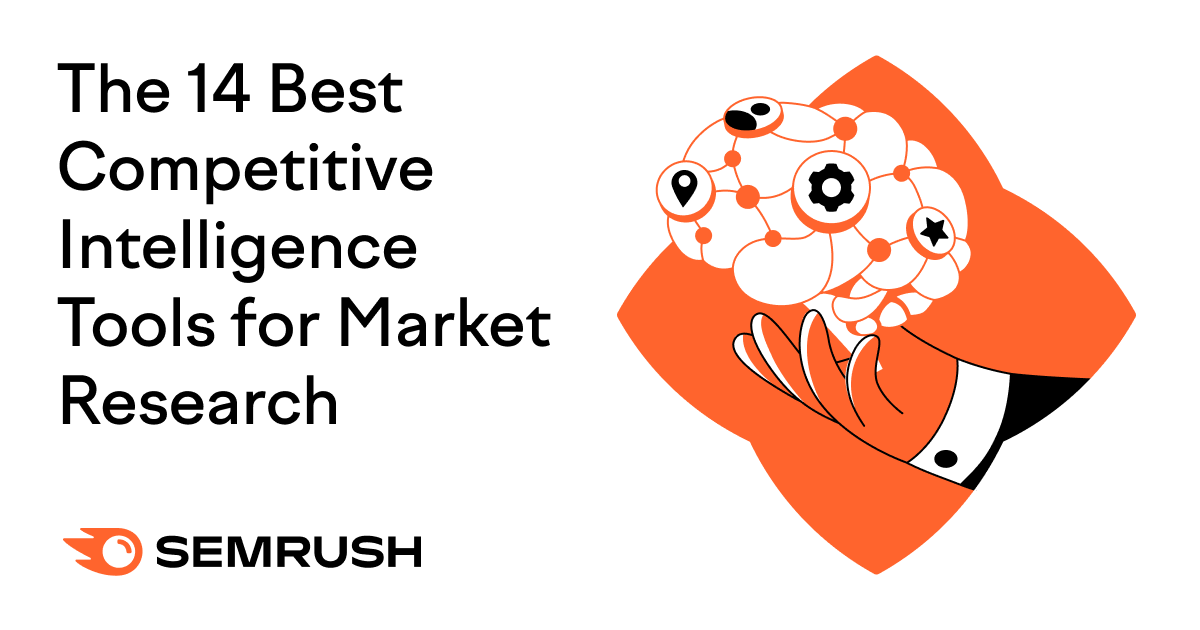


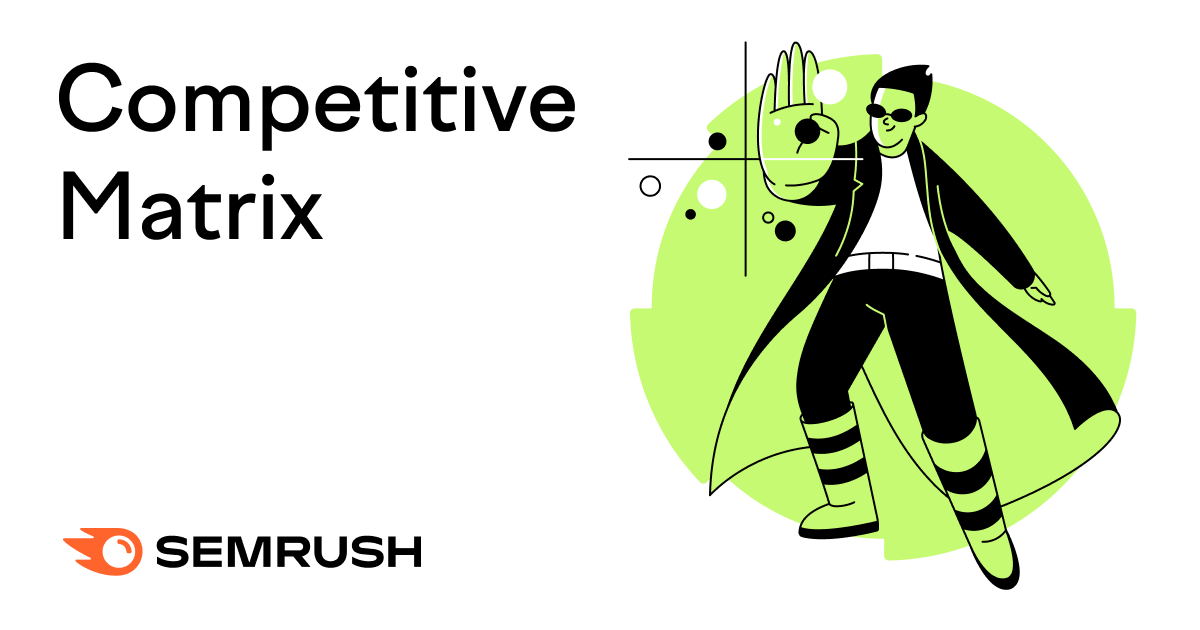




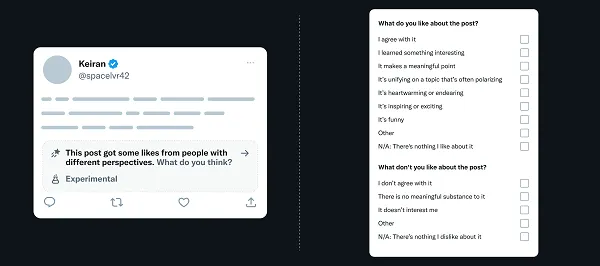
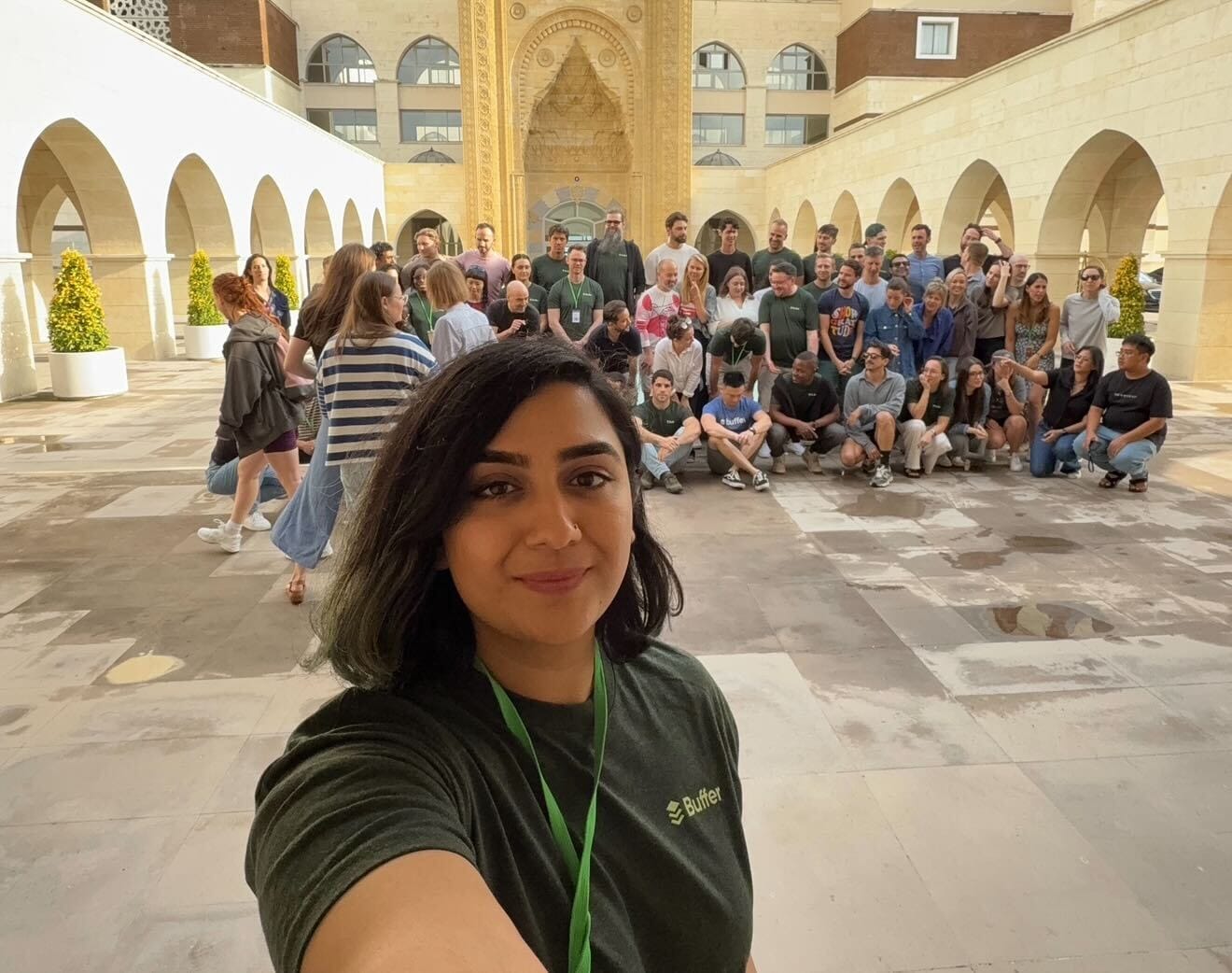

![41 Instagram features, hacks, & tips everyone should know about [new data]](https://www.hubspot.com/hubfs/Instagram-hacks-1-20240916-2633447.webp)
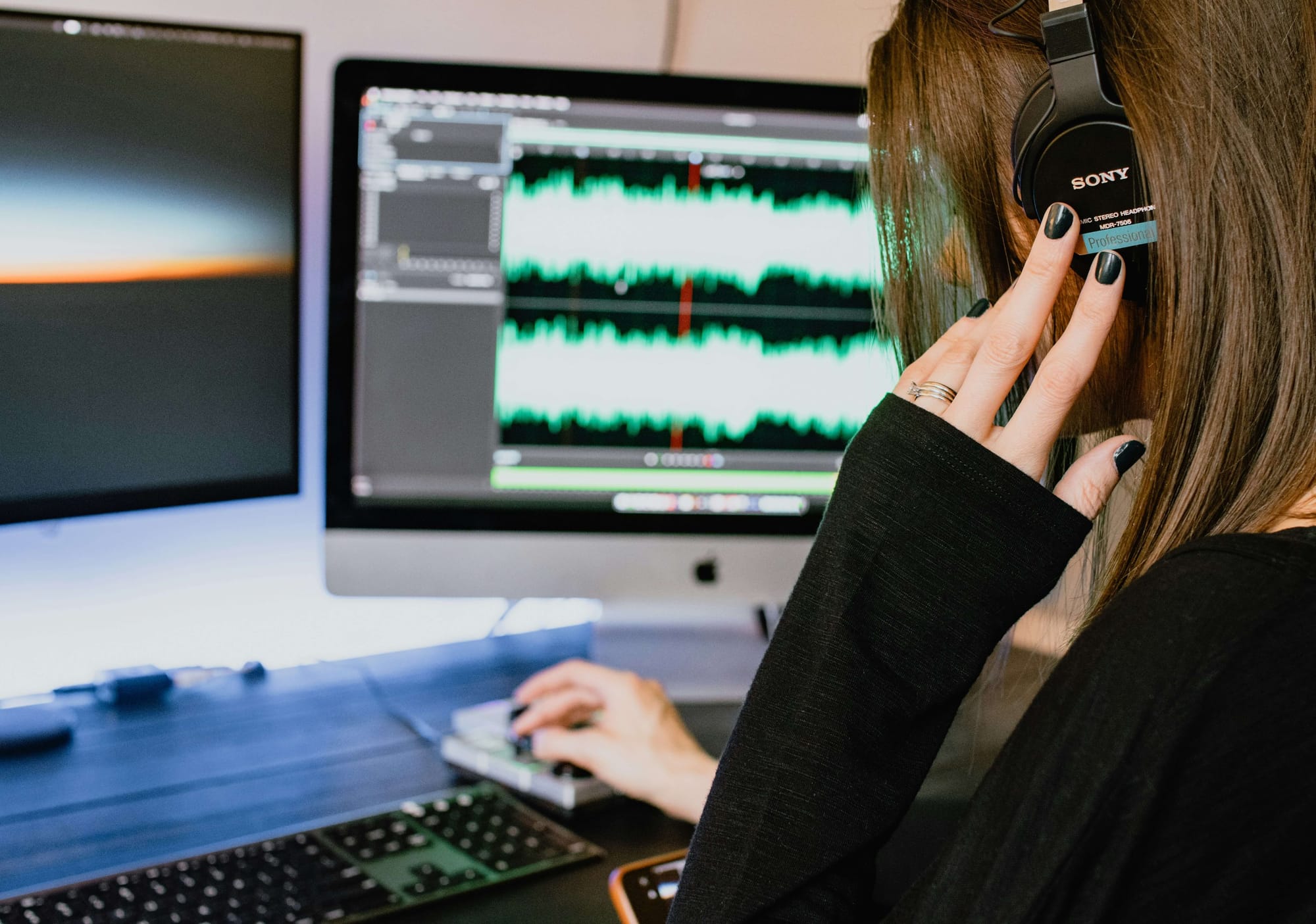
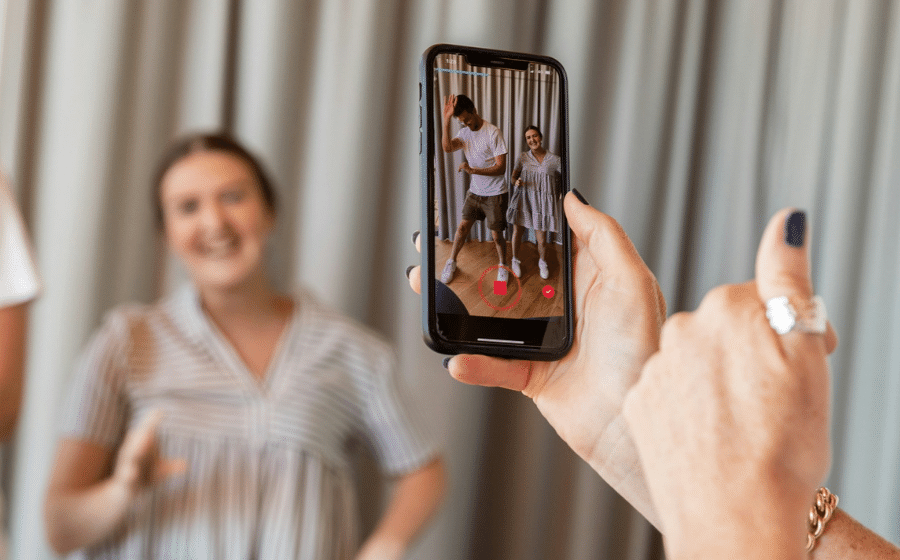






![Social media image sizes for all networks [June 2025]](https://blog.hootsuite.com/wp-content/uploads/2023/01/Social-Media-Image-Sizes-2023.png)

















